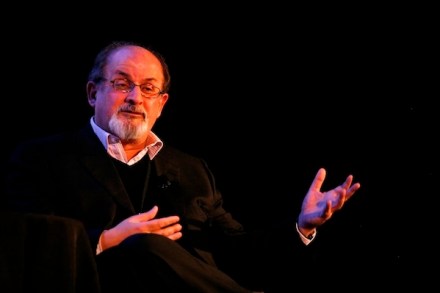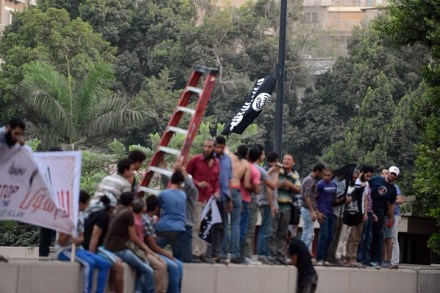24 hours in Tulsa
Oklahoma will always be a red state on the political map, but the colour goes deeper than that. Everything here was red: red earth, red brick, red dust, red rust. At Little Sahara State Park, 1,600 geologically anomalous acres of iron-rich sand dunes were pinky-orange, the colour of thousand-island dressing. The sitcom Friends had a storyline in which a character accidentally went to Oklahoma, the implication being that that’s the only reason anyone would go there. The state’s position as an unfashionable backwater became a running joke over eight episodes, after which the Friend headed back to civilisation. It was not always thus. So-called ‘wildcatters’ were poking around in the




















